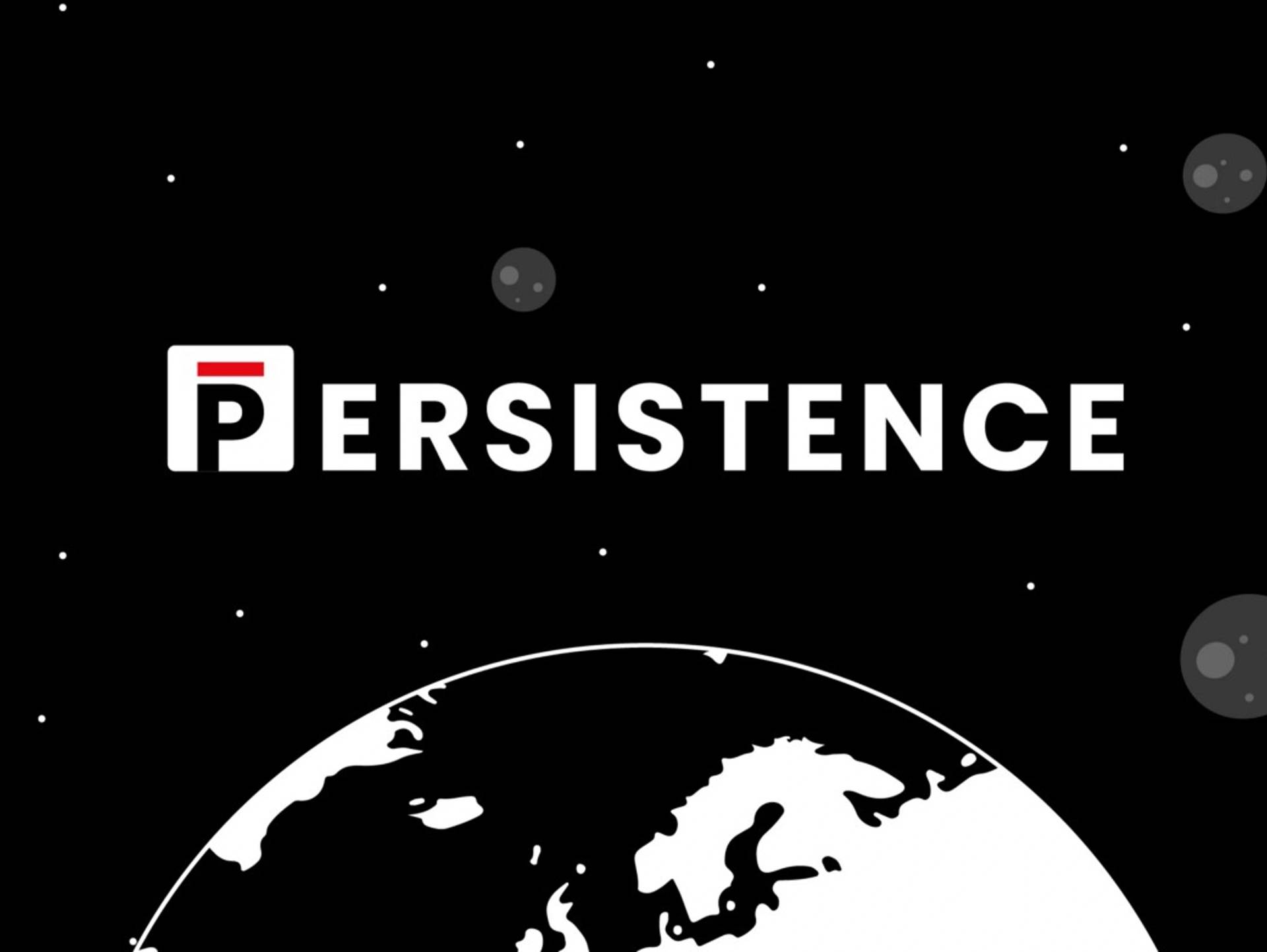위키 구독하기
Share wiki
Bookmark
Persistence
0%
Persistence
Persistence는 송장과 같은 실제 자산을 담보로 사용하여 암호화폐 자산(스테이블코인) 차입을 용이하게 하여 기관 오픈 파이낸스를 지원하는 프로토콜입니다. 이는 DeFi와 전통 금융을 연결하고 DeFi의 기능을 사용하여 실제 금융 문제를 해결합니다.[1]
Persistence는 기업과 트레이더가 자금 조달 필요를 충족하기 위해 미수금에 대해 대출을 받을 수 있도록 함으로써 효율적인 글로벌 자본 배분을 촉진하는 것을 목표로 합니다. 또한 저금리 관할권의 투자자들이 실제 소득 창출 자산 형태의 근본적으로 새로운 자산 클래스를 통해 수익을 창출할 수 있도록 하는 것을 목표로 합니다.[2]
Persistence 생태계의 첫 번째 앱인 Comdex는 3천만 달러 상당의 상품 거래를 처리했습니다. 또한 Persistence는 상품 거래 산업에서 1조 5천억 달러의 자금 조달 격차를 해소하는 것을 목표로 하고 있습니다. Terra와 같은 프로젝트와의 견고한 검증인 세트와 전략적 파트너십은 제품 시장 적합성에 대한 검증입니다.[3]
기술 스택은 다음과 같습니다. - Persistence 체인 - Persistence 메인 체인과 검증인 세트에서 제공하는 보안을 통해 비즈니스별 '앱 체인' 네트워크 - Persistence SDK - 새로운 거래소 및 마켓플레이스를 생성하거나 기존 거래소 및 마켓플레이스를 통합하는 플러그 앤 플레이 모듈 스위트 - PersistencedApp(s) - 기관 및 소매 이해 관계자에 초점을 맞춘 금융 애플리케이션입니다.[2]
미션 및 비전
인터넷은 미디어 및 커뮤니케이션 산업을 분리했습니다. HTTP, SMTP 및 TCP/IP를 기본 레이어로 사용하여 정보 교환 비용이 크게 낮아졌습니다.[3]
Persistence는 블록체인 기술을 활용하여 원활한 자산 교환을 촉진합니다. Web 3.0 프로토콜을 사용하여 Persistence는 스테이킹-as-a-service 및 토큰화된 '실제' 부채에서 디지털 아트에 이르기까지 다양한 틈새 시장에서 최첨단 금융 상품을 활성화하고 생성하는 것을 목표로 합니다.[1]
XPRT 토큰
XPRT 토큰은 주로 Persistence 체인의 거버넌스 토큰입니다. Persistence 메인넷이 출시되면 토큰 보유자는 XPRT 토큰을 스테이킹하여 수동적으로 더 많은 XPRT를 얻을 수 있습니다. XPRT 토큰은 또한 '작업 토큰'의 역할을 수행하여 스테이커가 Persistence 생태계의 dApp에서 생성된 거래량과 상관 관계가 있는 현금 흐름을 생성할 수 있도록 합니다.[3]
잘못된 내용이 있나요?
